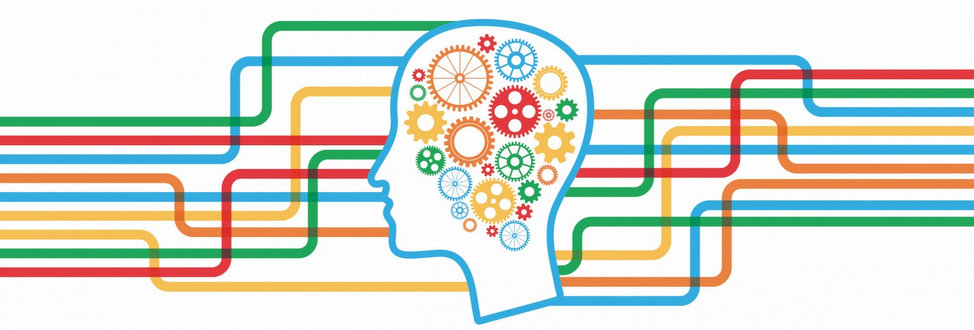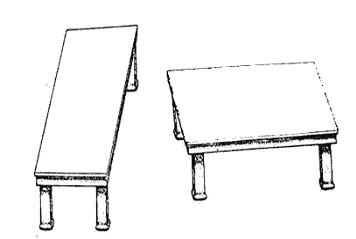
This week at CAI we hosted a webinar on the idea of the unconscious bias –like it or not, the way you interact with others is influenced in some way, somehow, by a bias. We were able to explore that this bias could be through race, gender, height, age, and many other factors. What’s more, this bias effects people on the corporate level, influencing company culture and the ability to embrace diversity or treat individuals on a personal and professional level with unhindered equality.
Take a look at the image below. Which table is bigger?

Surprise! The tables are the same size. Don’t believe us? Print the page, cut each image out, and place them on top of each other. This little exercise is a simple way to show that even in our most innate efforts and reasoning skills, we still have room to be wrong or confuse a situation. These ideas and more are explored by Howard Ross in his research document “Exploring the Unconscious Bias.” Exploring the Unconscious Bias
Howard reveals the reason and results behind this “automatic decision making” and how it links back to both a primal “fight or flight” instinct as well as our rational sense and reasoning.
Ultimately it can be determined that we all have biases we have to address and work with. There will probably never be a time where you view or interact with others from a strictly neutral standpoint – the next step is to learn to adapt and confront these challenges in a way that is respectful and fair to others.
Take for example the above image of the tables – none of you would refuse to entertain the idea that the tables aren’t the same size. You would explore the option and reposition the tables in the image to determine if that were true. That is using reasoning to overcome a bias or initial perspective. Sometimes you’ll circle back to your original view to determine it was correct, other times you’ll find you were wrong.
Take some time to explore the article, then click this link to take the Implicit Association Test (IAT) which will show you just what your unconscious bias is. For more information on this year’s webinar series or how CAI can incorporate training on Unconscious Bias into your Diversity and Inclusion curriculum, contact us at training@culturalawareness.com.


